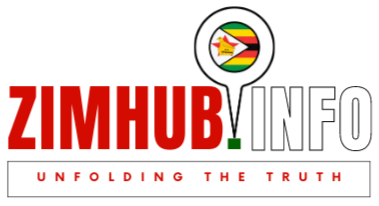ZiG strengthens
Despite the doubts about the currency
BUSINESS REPORTER
The Zimbabwe Gold (ZiG), which is Zimbabwe’s newly launched gold-backed currency, has hit the ground running, gaining 1.1% against the U.S. dollar in its first week of trading.
The upward movement is in line with the robust rise in gold prices, driven by investor demand for safe-haven assets amidst escalating tensions in the Middle East.
The ZiG replaced the inflation-battered old Zimbabwean dollar and started trading on Monday, following its launch by Reserve Bank of Zimbabwe governor John Mushayavanhu on April 5.
Zimbabwe’s sixth currency solution, ZiG, debuted at 13.56 per U.S. dollar on Monday and sustained its upward trend, closing at 13.41 per U.S. dollar by the end of Friday’s trading.
Mushayavanhu plans to boost demand for ZiG by mandating companies to settle half of their taxes on Quarterly Payment Dates in ZiG. He anticipates increased ZiG demand in the second half of the year as companies pay half of their quarterly taxes in ZiG. This move aims to reduce U.S. dollar usage in the economy from 80 to 70 percent by year-end.
Mushayavanhu expects a U.S. dollar to ZiG ratio of 60:40 next year, and 50:50 the following year, indicating growing acceptance.
Finance Minister Mthuli Ncube plans targeted policy interventions to bolster ZiG usage, including specifying fees and taxes payable in ZiG. He also aims to designate certain services purchasable in ZiG to boost local currency demand.
He said the new currency and the cut in interest rates from 130 percent to 20 percent were part of the broader measures towards the country’s long-term de-dollarisation agenda.
Economist Brains Muchemwa is optimistic about the new currency.
“With the right safeguards, curtailing unproductive money supply growth and the government taking a leading role in supporting widespread demand of the new currency, stabilizing the ZiG exchange rate shouldn’t be a big task,” he said.
Nyasha Kaseke, another economist, said the ZiG may be the panacea to Zimbabwe’s currency crisis if the economy increases its demand for ZiG.
“The government should lead in making sure that fuel is priced in ZiG and is bought using ZiG. Let’s create demand for our ZiG currency for it to have value,” said Kaseke, who is also the director of the Faculty of Business Studies at the University of Zimbabwe.

